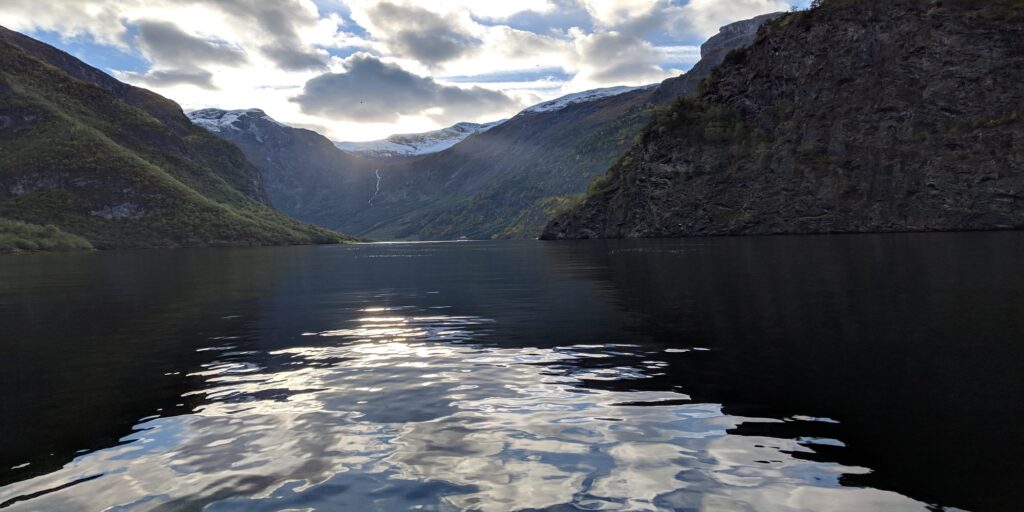This webinar dives into the case study presented here, with a focus on the Blue Marble Integration principle.
Small scale, wild capture fisheries provide employment, food, and livelihoods for tens of millions of people globally. Listen here as we introduce Kofi Agbogah Executive Director of of Hen Mopano in Ghana and Dr. Alasdair Harris Executive Director of Blue Ventures as they discuss truly innovative and integrative programs. As background, approximately a third of wild fish landings come from artisanal and subsistence fishers and most recent estimates suggest that small scale fisheries account for over 90 percent of the world’s commercial fishers, processors and other persons employed along the seafood value chain. This is equivalent to over 100 million people – making small scale fisheries far and away the ocean’s largest employer. Small scale fisheries are a critical component of global food security; fish provide between 15-20% of animal protein worldwide, and a much larger share for coastal fishing communities. Small scale fishing is also stitched into the cultural fabric of coastal communities. For many communities, fishing represents not just an economic livelihood but a way of life that has shaped the development, stewardship values, and traditions that define social and cultural identities. Beyond the hard numbers of landings and employment, healthy and vibrant small scale fisheries provide critical cultural services to the communities that depend on them.
Despite their importance, small scale fisheries are often hidden or absent from national statistics and frequently ignored in states’ policy-making. This, in most contexts, has led to a lack of effective management and social safety nets, which drives destructive fishing practices that threaten coastal ocean ecosystems and the livelihoods of coastal communities and individuals. With millions of people dependent on small scale fisheries, and given their impact on nearshore ecosystems, small scale fisheries sit squarely at the intersection of social development and ecological stewardship.
In recent decades, there has been a shift to devolve more management authority to the local level and the tenants of what constitutes responsible and sustainable management are becoming clear. Several ambitious efforts have emerged over the last few years to effectively support small scale fisheries. The momentum in support of small scale fisheries is an exciting development, and the funding community is well-positioned to support a cohesive movement that supports resilient and equitable small scale fisheries across the global.
Presenters: Kofi Agbogah and Alasdair Harris
Click here to access a recording of this webinar.






